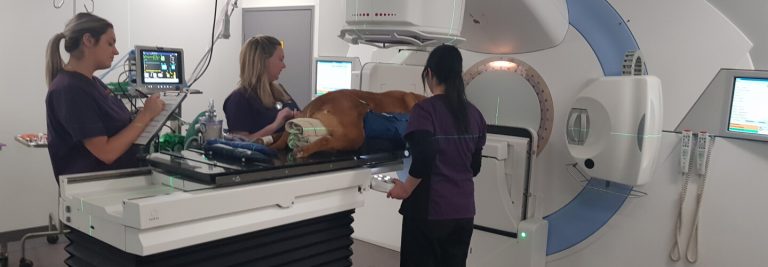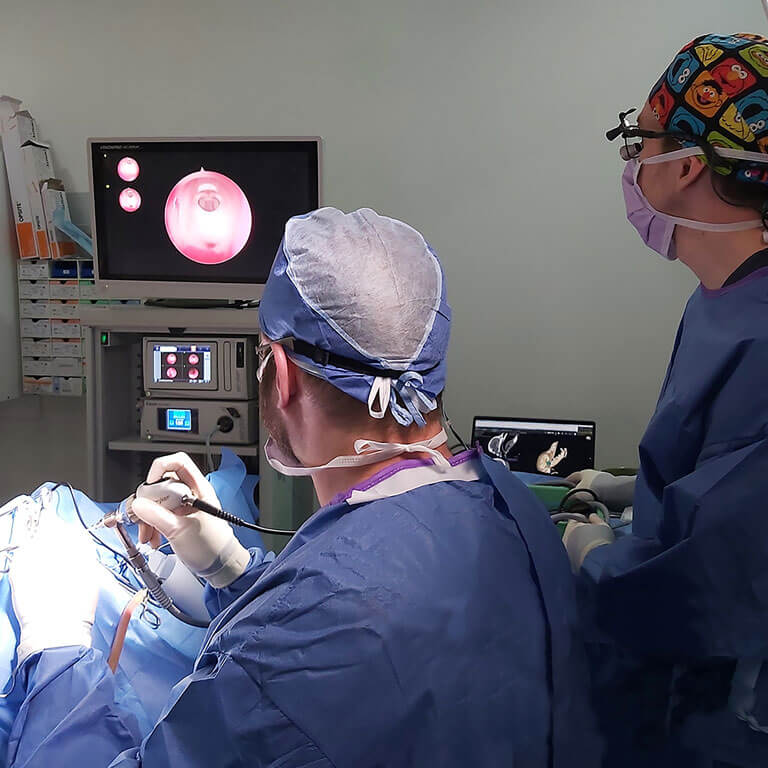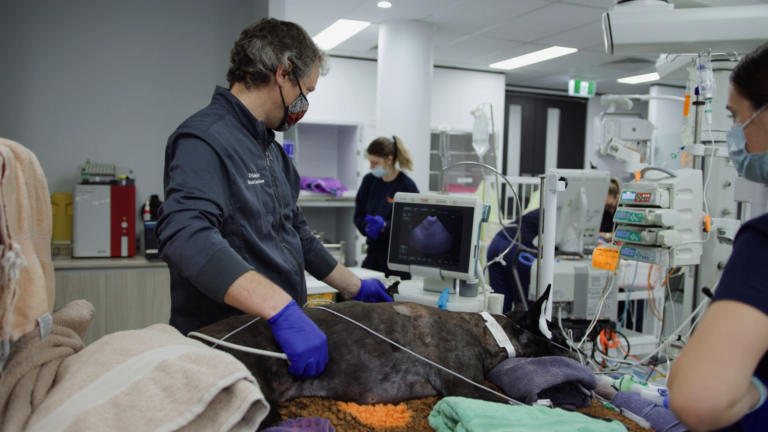Reviewed by Dr Hilary Chan, Specialist in Veterinary Dermatology
Itch in dogs (also known as pruritus) is a relatively common condition. For owners, itchy dogs are one of the easier conditions to notice, yet can be complicated to treat. This article will help give you a better understanding of itchy dogs, when to seek veterinary assistance, and when you may need to see a veterinary dermatologist, or skin specialist.
Who is an itchy dog?
Itchy dogs (or pruritic dogs) can present with constant or abnormal amounts of:
- Scratching, rolling on the ground
- Licking or chewing parts of their body
- Rubbing against furniture
- Dragging body parts on the ground
- Red or inflamed skin (e.g. a rash)
- Hair loss
- Unusual odour
- Skin infections (e.g. hot spots)
- Head shaking
What causes itchy dogs?
The causes for itchy dogs are many and can be interrelated, making it complex and challenging to diagnose and treat. It is important to identify the root cause in order to properly manage the itchy dog.
Some common causes include:
- Allergies: dogs can be allergic to: substances in the environment such as air-borne plant pollens, mould, dust mites; grass sap; or certain foods. It’s important to note that dogs can be allergic to one or many allergens, which can further complicate diagnosis
- Parasites: Fleas, ticks, mites, and lice can all cause itchy dogs. In some dogs, even a minor infestation can cause lots of itching
- Skin infections: Bacterial or fungal (e.g. yeast) infections. Dogs with prominent skin folds (e.g. bulldogs, Shar-Peis, mastiffs, and Basset hounds) that tend to trap moisture can be more susceptible to skin infections
- Dry skin: Certain dermatological conditions predispose dogs to dry skin, but also environmental factors like low humidity or frequent bathing may strip your dog’s skin of protective oils
- Hormonal imbalances: Conditions like hypothyroidism or Cushing’s disease can disrupt hormone levels in dogs, resulting in skin infections and itch
Treatments for itchy dogs
Effective management of itchy dogs starts with identifying and addressing the underlying cause. In general, treatments can include:
- Avoiding specific food ingredients identified as a trigger (e.g. change in diet)
- Desensitising your dog to air-borne allergens through allergy testing and desensitisation injections
- Prescription medications which block the itch sensation or downregulate your allergic dog’s immune system from over-reacting to allergens
- Fatty acid supplements, creams, shampoos, conditioners or lotions which can help to improve your dog’s skin quality in conjunction with a veterinary plan
- Using parasite prevention – modern parasite prevention products are highly effective at preventing infestations, and reducing the likelihood of parasite-induced itchiness
- Medications such as antibiotics or antifungals can be prescribed by your veterinarian to treat skin infections
Treating the underlying hormonal issue. More on Cushing’s disease here or hypothyroidism.
When to see a Veterinary Dermatologist for itchy dogs
Managing an itchy dog can be fairly straight forward in some cases, and highly complex in others. Here are some situations where seeking the expertise of a specialist veterinary dermatologist will be beneficial:
- Persistent Symptoms: If your dog’s itching persists despite already trying treatments, it’s time to seek specialist help.
- Secondary Infections: If your dog’s scratching has led to skin infections or lesions, a veterinary dermatologist can provide specialised care to address these complications.
- Complex Cases: Dogs with chronic or complex skin conditions may benefit from the expertise of a veterinary dermatologist who can perform specialised tests and recommend advanced treatment options.
- Recurrent Issues: If your dog experiences itch that keeps coming back or if the underlying cause remains unidentified despite initial evaluation, a veterinary dermatologist can conduct further diagnostic tests to pinpoint the problem
If you think your dog can benefit from the help of a specialist veterinary dermatologist, please speak to your regular veterinarian or contact SASH directly.




